Filter by
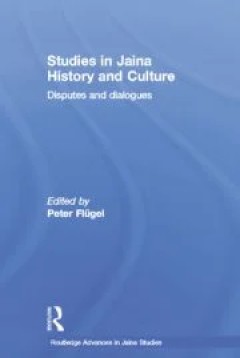
Studies in Jaina History and Culture
The last ten years have seen interest in Jainism increasing, with this previously little-known Indian religion assuming a significant place in religious studies. Studies in Jaina History and Culture breaks new ground by investigating the doctrinal differences and debates amongst the Jains rather than presenting Jainism as a seamless whole whose doctrinal core has remained virtually unchanged…
- Edition
- -
- ISBN/ISSN
- -
- Collation
- -
- Series Title
- -
- Call Number
- -
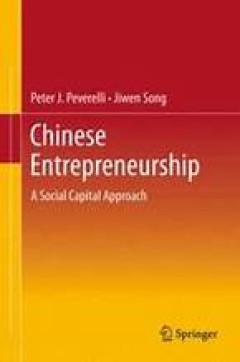
Chinese Entrepreneurship
Entrepreneurship is hot. China is hot. Combining these two concepts could therefore be a dangerous act, as it may cause overheating. Chinese entrepreneurs are indeed the subject of a rapidly growing body of literature, academic and popular. However, the bulk of it tends to focus on a few aspects. There are the biographies of ‘famous’ entrepreneurs. While informative, these are usually of a …
- Edition
- 1
- ISBN/ISSN
- 978-3-642-28206-5
- Collation
- Economic
- Series Title
- -
- Call Number
- 330
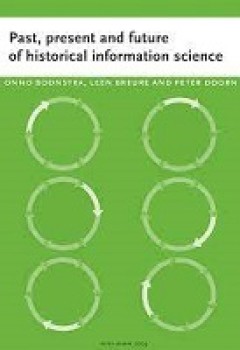
Past, present and future of historical information science
This book evaluates the results of two decades of research in ‘history and computing’. In spite of the fact that a lot has been accomplished, the report indicates critical places for improvement. Many historians and other humanities scholars seem satisfied with standard office tools, which do not always suit their complex sources and research questions. While more and more archival sources …
- Edition
- Ed. 1
- ISBN/ISSN
- 9069844133
- Collation
- 132
- Series Title
- -
- Call Number
- 021 BOO p

The working landscape :
- Edition
- -
- ISBN/ISSN
- -
- Collation
- -
- Series Title
- -
- Call Number
- -
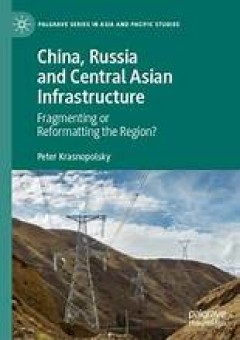
China, Russia and Central Asian Infrastructure
This book evaluates Central Asian regionalism by analyzing the impact of Russia and China on physical infrastructure in the region. The narrative builds a picture of the nature of the two powers’ influence on the development of regional connectivity in Central Asia. The study covers the 30-year period since the dissolution of the Soviet Union, with a focus on the last decade preceding the glo…
- Edition
- 1
- ISBN/ISSN
- 978-981-19-4254-9
- Collation
- Sejarah Sosial
- Series Title
- -
- Call Number
- 301.7
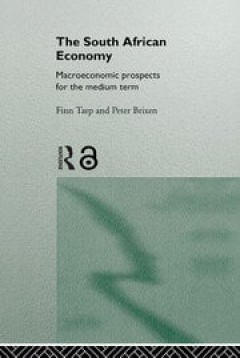
South African Economy
What are the macroeconomic prospects for South Africa until the new millennium? Two methods of macroeconomic modelling, associated with the World Bank and IMF, are used here to generate three scenarios, based on moderately optimistic projections. The methodology used can be applied to other developing countries.
- Edition
- -
- ISBN/ISSN
- -
- Collation
- -
- Series Title
- -
- Call Number
- -
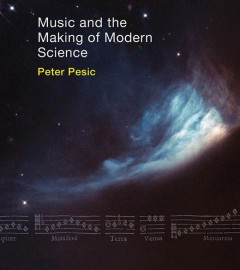
Music and the Making of Modern Science
A wide-ranging exploration of how music has influenced science through the ages, from fifteenth-century cosmology to twentieth-century string theory. In the natural science of ancient Greece, music formed the meeting place between numbers and perception; for the next two millennia, Pesic tells us in Music and the Making of Modern Science, “liberal education” connected music with arithmet…
- Edition
- -
- ISBN/ISSN
- 9780262324380
- Collation
- -
- Series Title
- -
- Call Number
- -
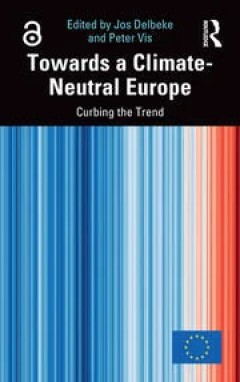
Towards a Climate-Neutral Europe
This book explains the EU’s climate policies in an accessible way, to demonstrate the step-by-step approach that has been used to develop these policies, and the ways in which they have been tested and further improved in the light of experience. The latest changes to the legislation are fully explained throughout. The chapters throughout this volume show that no single policy instrument c…
- Edition
- -
- ISBN/ISSN
- -
- Collation
- -
- Series Title
- -
- Call Number
- -
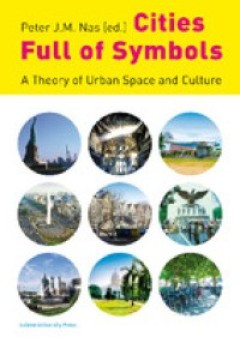
Cities Full of Symbols : A Theory of Urban Space and Culture
This book examines design proposals that show symbolic handling of the 9/11 attack on New York, the disaster symbolism of the ship washed ashore by the tsunami in Banda Aceh, and the design of the symbol of the city of Cape Town derived from a remnant of Dutch colonial architecture, or the mass pilgrimage to Elvis’s Graceland in Memphis. Cities Full of Symbols develops urban symbolic ecology …
- Edition
- -
- ISBN/ISSN
- 9789087281250
- Collation
- 304 halaman
- Series Title
- -
- Call Number
- 720 NAS c
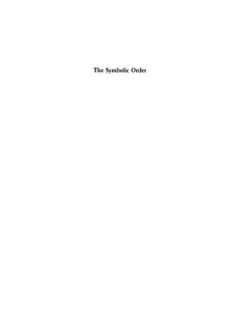
The Symbolic Order : A Contemporary Reader On The Arts Debate
Alongside Living Powers and A is for Aesthetic this book is intended to establish a conceptual frame for the Arts in Education series. The first and primary aim of this symposium is to put teachers of all the arts in touch with some of the most recent and the best writing on the nature of art.
- Edition
- -
- ISBN/ISSN
- 9780203975343
- Collation
- 320 halaman
- Series Title
- -
- Call Number
- 370 ABB s
 Computer Science, Information & General Works
Computer Science, Information & General Works  Philosophy & Psychology
Philosophy & Psychology  Religion
Religion  Social Sciences
Social Sciences  Language
Language  Pure Science
Pure Science  Applied Sciences
Applied Sciences  Art & Recreation
Art & Recreation  Literature
Literature  History & Geography
History & Geography